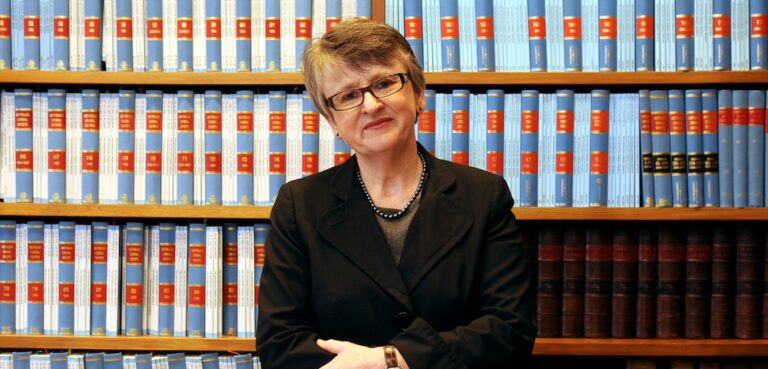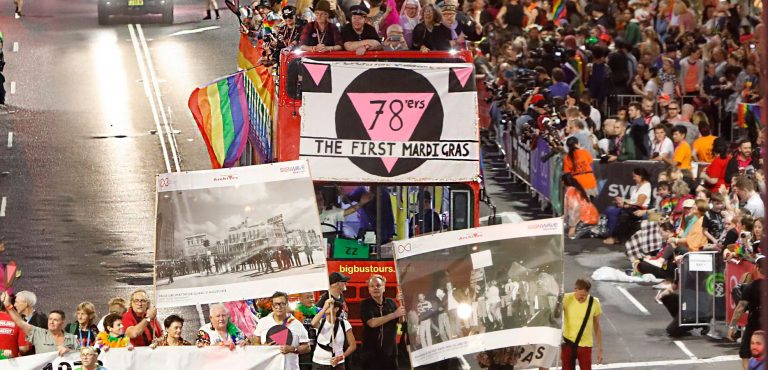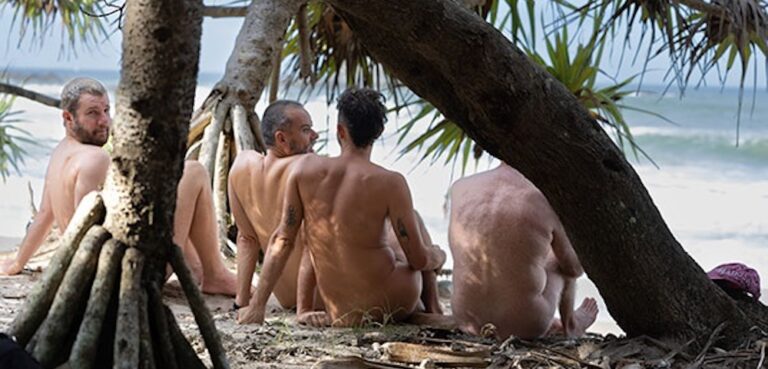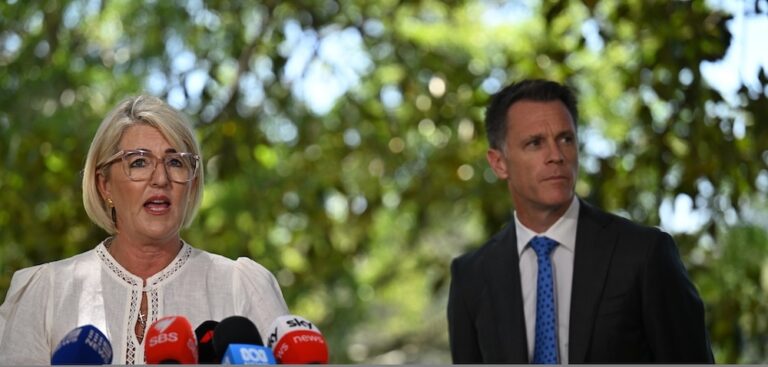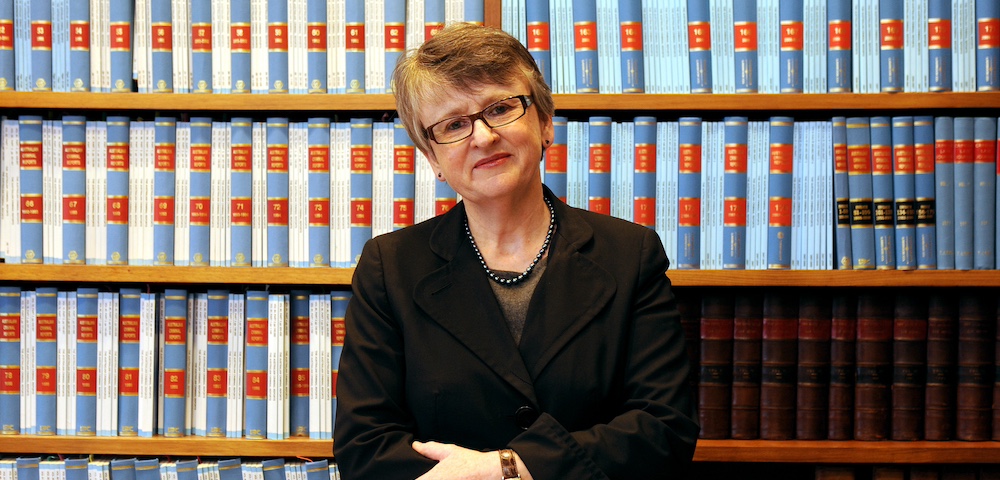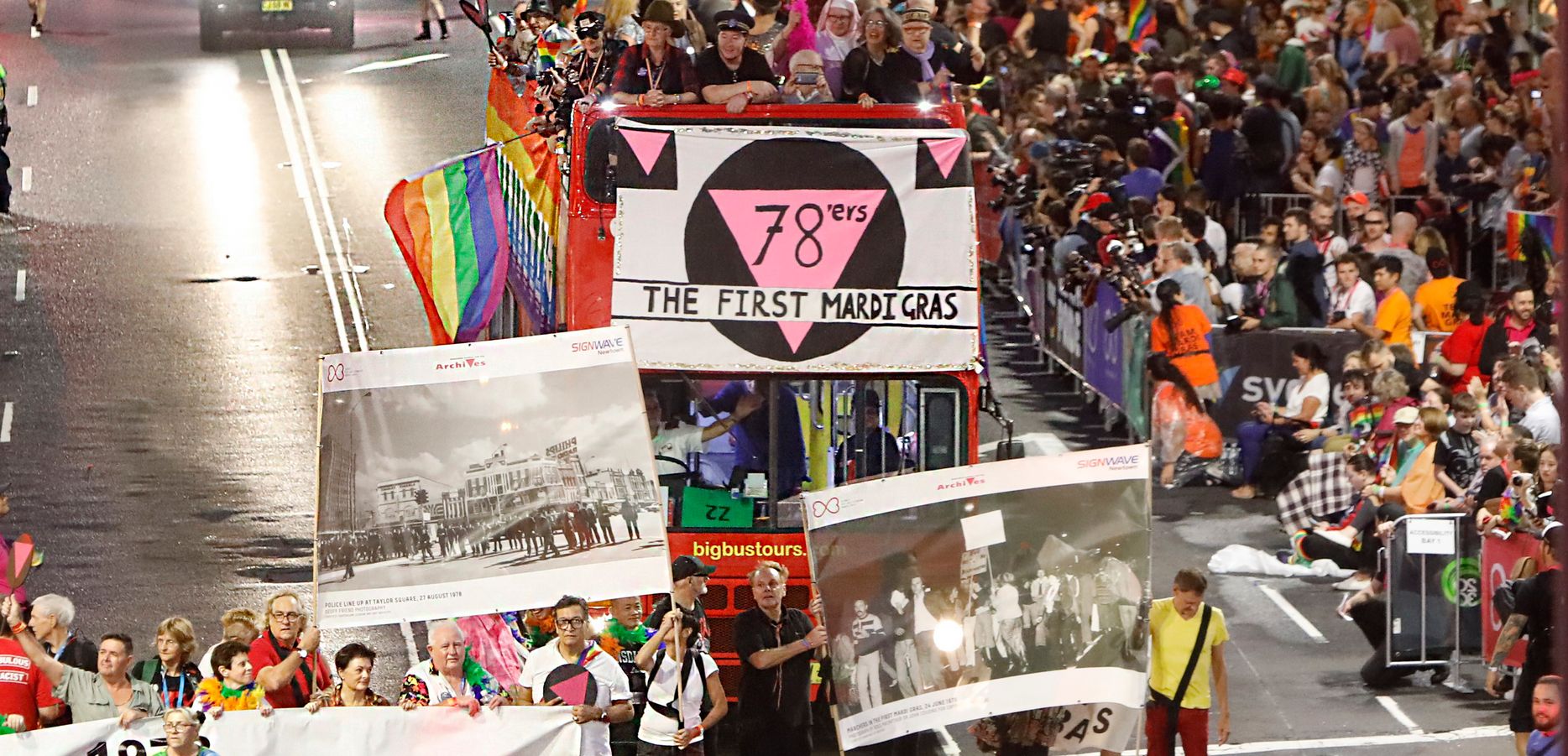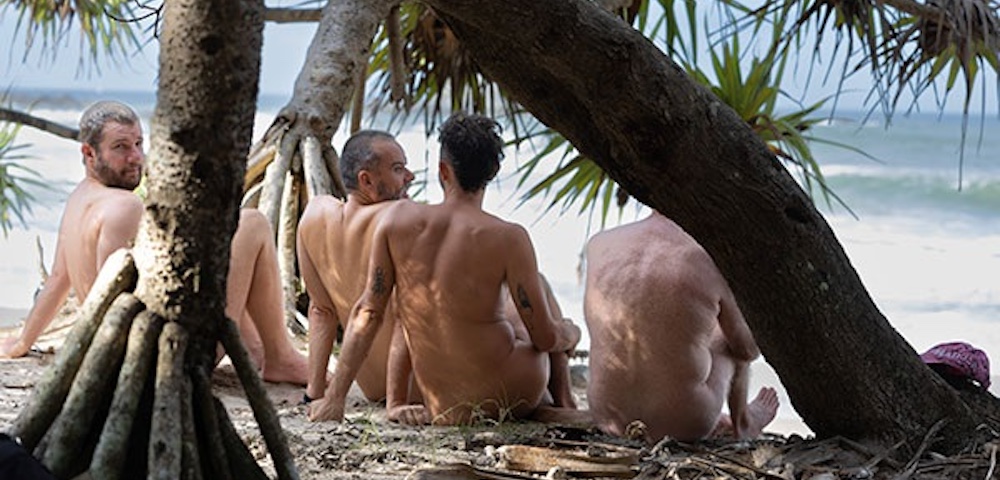
A safe place for gay refugees
On Easter Saturday, gay and lesbian rights group Community Action Against Homophobia (CAAH) plans to protest at Villawood Detention Centre in a bid to raise awareness of refugees seeking asylum on the basis of their sexuality.
While most detainees will have been moved from Villawood due to an asbestos scare, the protest will go ahead as it’s an the issue that can no longer be overlooked, Simon Margan, co-convenor of CAAH, believes.
Our aim is to raise community awareness about queer-identifying people incarcerated simply for fleeing persecution based on sexuality, Margan said.
There are 77 countries around the world that carry some form of punishment for homosexuality. Clearly these refugees have a case for persecution.
The issue of gay and lesbian refugees gained national prominence in December 2003, when the High Court made a landmark decision to overturn the Refugee Review Tribunal’s claim that if Bangladeshi applicants were discreet about their homosexuality in their home country they would not face persecution.
The 2003 decision meant that no longer could the Tribunal say the refugee would not be persecuted if they put up and shut up in their home country, Jenni Millbank, senior law lecturer at the University of Sydney said.
Millbank predicted in 2003 that 40 new cases each year would benefit from this High Court ruling. But while it was a positive step forward for gay and lesbian refugee claims, two-and-a-half years on there has not been an increase in successful claimants.
The trend now is for the Tribunal to place a greater emphasis on determining whether the applicant is actually gay or lesbian, Millbank told Sydney Star Observer.
It seems to me that there are far more decisions not accepting evidence of people being gay, she said.
In April 2005 the claim of a Bangladeshi man was rejected because the Tribunal was not satisfied the applicant’s claims concerning his religion or his homosexuality were credible, Millbank explained.
Similarly, in October 2004 a Pakistani was rejected because, amongst other reasons, the Tribunal did not accept that the applicant was a homosexual.
Greens senator Kerry Nettle, who was recently involved in a Senate inquiry into the Migration Act, said some homosexual detainees had made their asylum claim on the basis of other forms of persecution rather than their sexuality because they didn’t think it would help their cause.
Queer persecution remains largely unrecognised, CAAH’s Margan said.
Perhaps with a greater recognition of the problems facing queer-identifying people will come more established and reliable methods for authenticating persecution on the grounds of sexuality.
The country of origin also has a bearing on a successful determination, Millbank believes. Refugees from the Middle Eastern region have a higher success rate than claimants from Asian countries.
The Tribunal takes country information into consideration. It is not just the grounds of claim which are taken into consideration but also a view of the country, she said.
Nettle said the government seemed to be very slow in making decisions about the cases of Chinese asylum seekers.
Australia has a very strong trade relationship with China and hopefully this is not influencing the seeming reluctance of the Australian government to recognise the asylum seekers fleeing persecution in China, she said.
The immigration department denies country of origin has a bearing on the outcome.
The department’s website states, Decisions are made on the individual circumstances of each applicant’s claims. There is no blanket approval or refusal of applications based on broad assumptions, for example about the safety of particular countries.
Of all the cases finalised between July 2005 and February 2006, the Tribunal did not grant asylum to any refugee from Thailand, South Korea or the Philippines, of which collectively there were 83 applicants.
On the other hand, refugee claims from Iran and Iraq totalled 391 positive outcomes and 13 negative decisions.
There are no official statistics based on the grounds for obtaining asylum. To ascertain these trends it is necessary to review each individual decision.
But according to Millbank, gay claims from Iran and Iraq are relatively successful.
Millbank has called on the government to provide specific training on homosexuality for case managers.
The decision makers need to be trained to be sensitive to gay and lesbian issues, including appropriate methods of questioning, she said.
Millbank also believes the immigration department should devise guidelines to direct the Tribunal when dealing with gay and lesbian cases.
Nettle told the Star she would raise the issue of extra training with the government.
Following the High Court decision the government should have ensured that all decision makers were informed of the consequences of the decision and provided with any additional information and training they required to implement the decision, she said.
If this has not occurred, it should definitely occur now.

